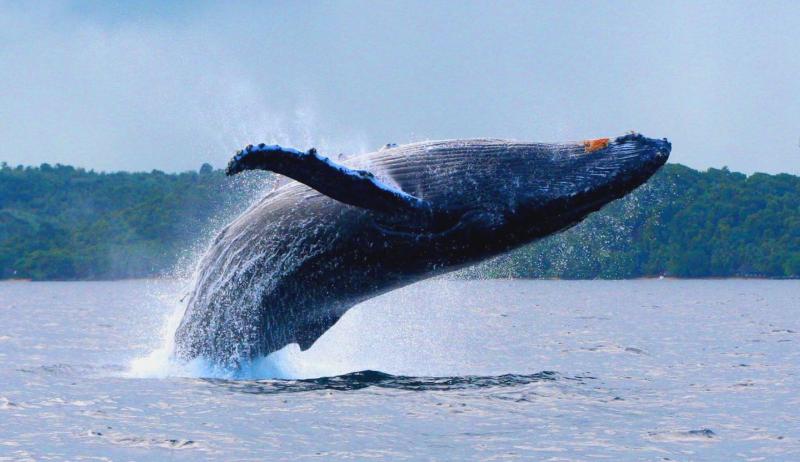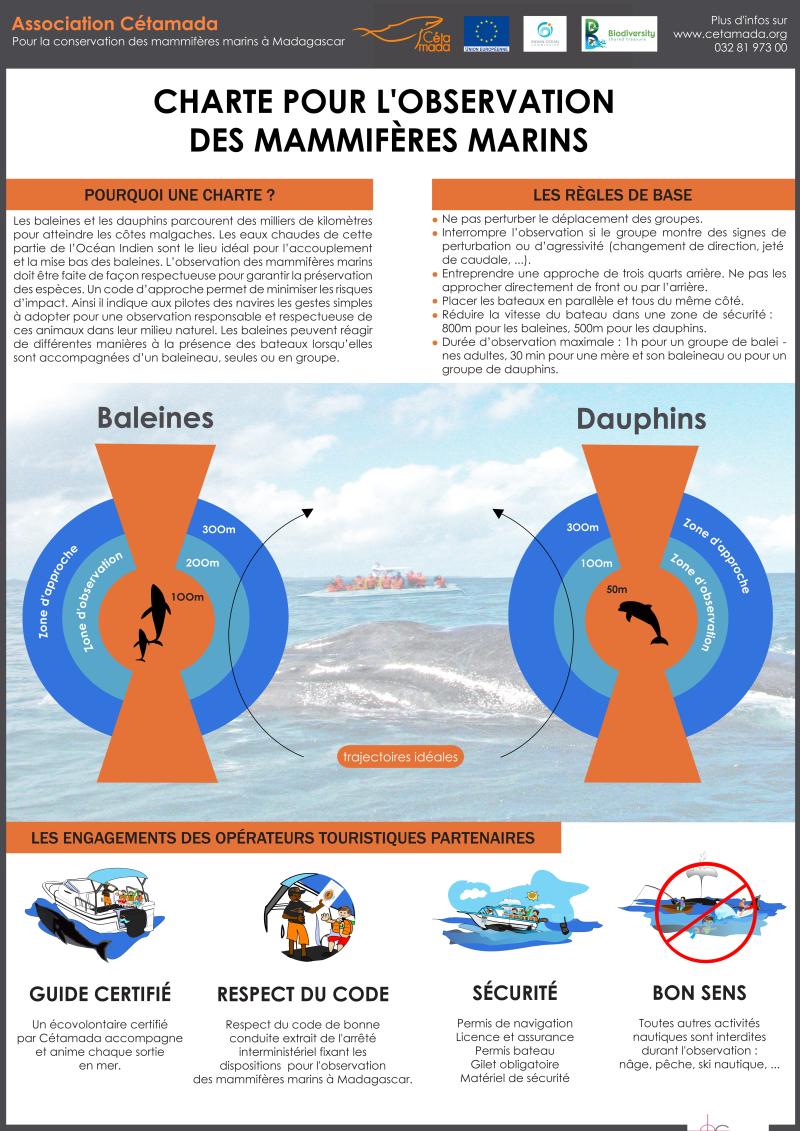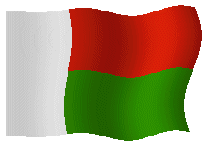Sainte-Marie or Nosy Boraha is the famous spot for being the whale sanctuary. This is observable during their annual migrations. Observers can then witness the nuptial dances and acrobatic couplings. You will witness the birth of baby whales.
You have an appointment with the whales from June to September
Make an appointment to attend this spectacular ballet. This happens during the austral winter. That is to say in June, July and August. Groups of Megaptera novaeangliiae, humpback whales migrate from Antarctica and join the Sainte-Marie Channel. This place is their favorite place to breed. Like pirates, they find here the ideal conditions for the growth of their offspring.
Several agencies or NGOs have specialized in providing safe whale watching services. They sign all the whale preservation and observation charter, initiated by Cetamada, among others.
Source : Wikipedia Baleines
 Vous avez rendez-vous avec les baleines de juin à septembre à Sainte_Marie Nosy Boraha
Vous avez rendez-vous avec les baleines de juin à septembre à Sainte_Marie Nosy Boraha
Photo Credit : Le petit Saint-Marien
Can we observe the whales by ourselves ?
The answer is NEGATIVE !
We are at a time when tourists must be responsible and respect the environment they visit: whether it is the local population and their customs or the fauna and flora environment. The new motto of the NGO CETAMADA is "observe without disturbing". For us and our Network, we have offered since our first trips back in 1989 the concept of "interactive travel".
Regarding mammals, here is the observation chart :
 DECOUVREZ LA CHARTE D'OBSERVATION DES CETACES A NOSY BORAHA
DECOUVREZ LA CHARTE D'OBSERVATION DES CETACES A NOSY BORAHA
What are the regulations for observing whales while respecting their environment? ?
In Madagascar, state officials, including the Ministry of Tourism of Madagascar, Ministry of Maritime Transport and Tourism, Ministry of Environment, Ministry of Fisheries and Fisheries Resources, have regulated ecotourism. This is concretized by the interministerial decree N ° 2083/2000 of March 08, 2000. Its objective is to set the regulatory provisions for the commercial observation of marine mammals in Malagasy territorial waters.
Several partnership agreements have been signed to give concrete expression to the conservation and enhancement of biodiversity in the field. This includes local development, local job creation.
Whales watching according to safety standards and job creation
Tourists come from all over the world to observe this ballet of cetaceans. This necessarily requires a professionalization of the visits. Observations called "whale watching" are carried out on board boats, respecting safety standards, both for whales and for humans. CETAMADA therefore organizes free training for pilots and local guides. They are thus certified as "specialist guides". Article 7 of Order No. 31752/2010/MTA is the regulatory reference for the profession of guides, the awareness of tourists and tourist operators present in Madagascar.
The Canal de Sainte Marie is a privileged site to observe them during the breeding and calving period. This passage contributes to an increase in the number of tourists from all over the world to discover these beautiful and extraordinary shows through responsible and sustainable observation outings on board boats, more commonly known as: “Whale Watching”. All of these measures aim to minimize the risk of impact on whale populations.
Source : CETAMADA





